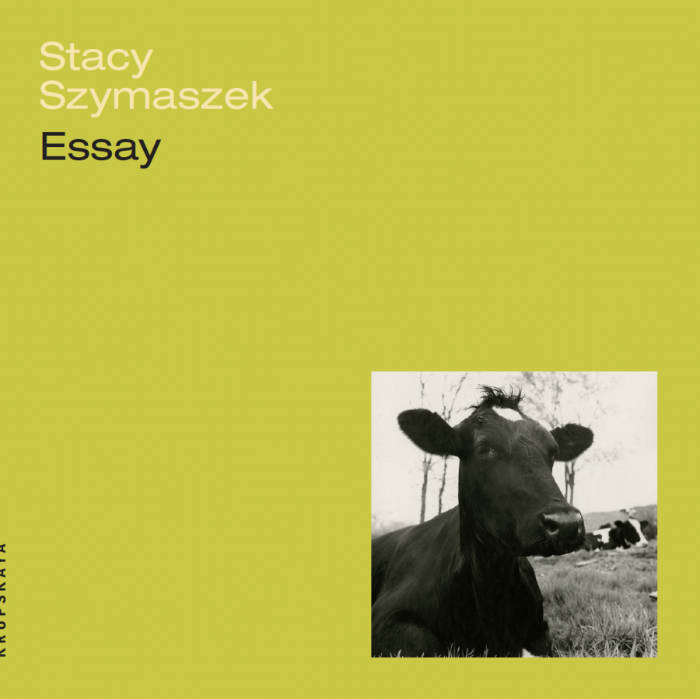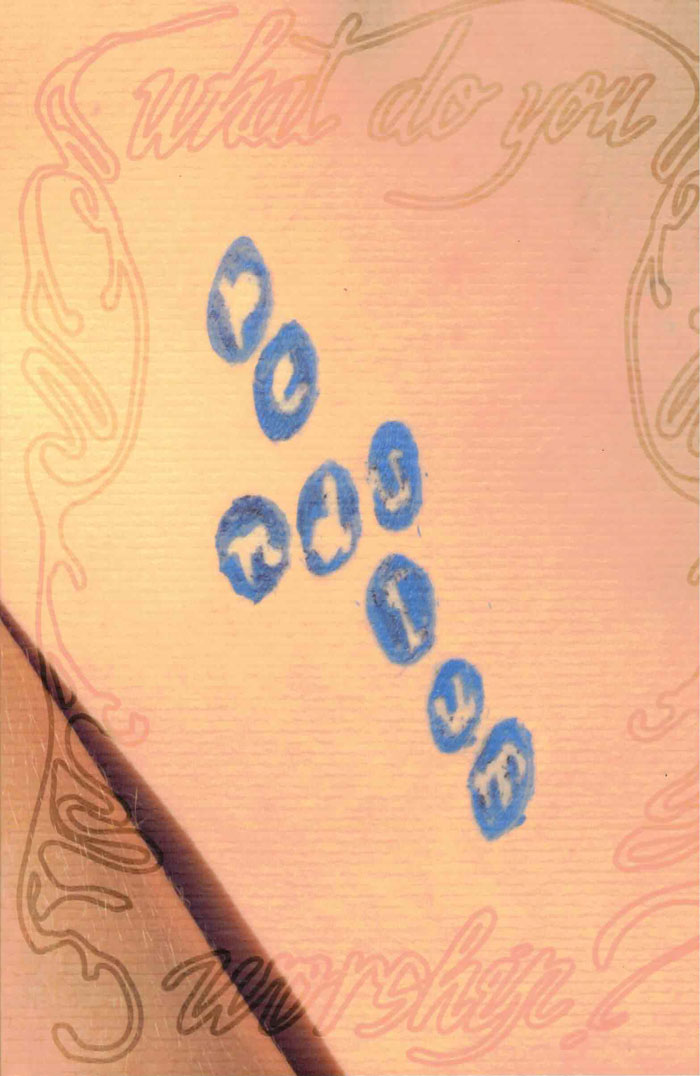
Les Matières de la nuit
« Et ensuite quand le calme est revenu, plantez à la place une femme noire qui lève le poing, même un instant, comme pour faire semblant. Une femme noire fera le job, avec le poing levé, c’est mieux, c’est cool. » Écho ou fantôme de Suites décoloniales, ce recueil de poésie prolonge et complète les chemins parcourus par Olivier Marboeuf dans son essai, au moyen de ce que l’auteur appelle une « pratique théorique de la poésie ».
Fragments de mauvaises rencontres, haïkus sur le beat accéléré d’un train, hommages à la banlieue chérie, Olivier Marboeuf se fait conteur polyphonique, poreux au monde et dépositaire des histoires étendues et vues dans de multiples nuits.




